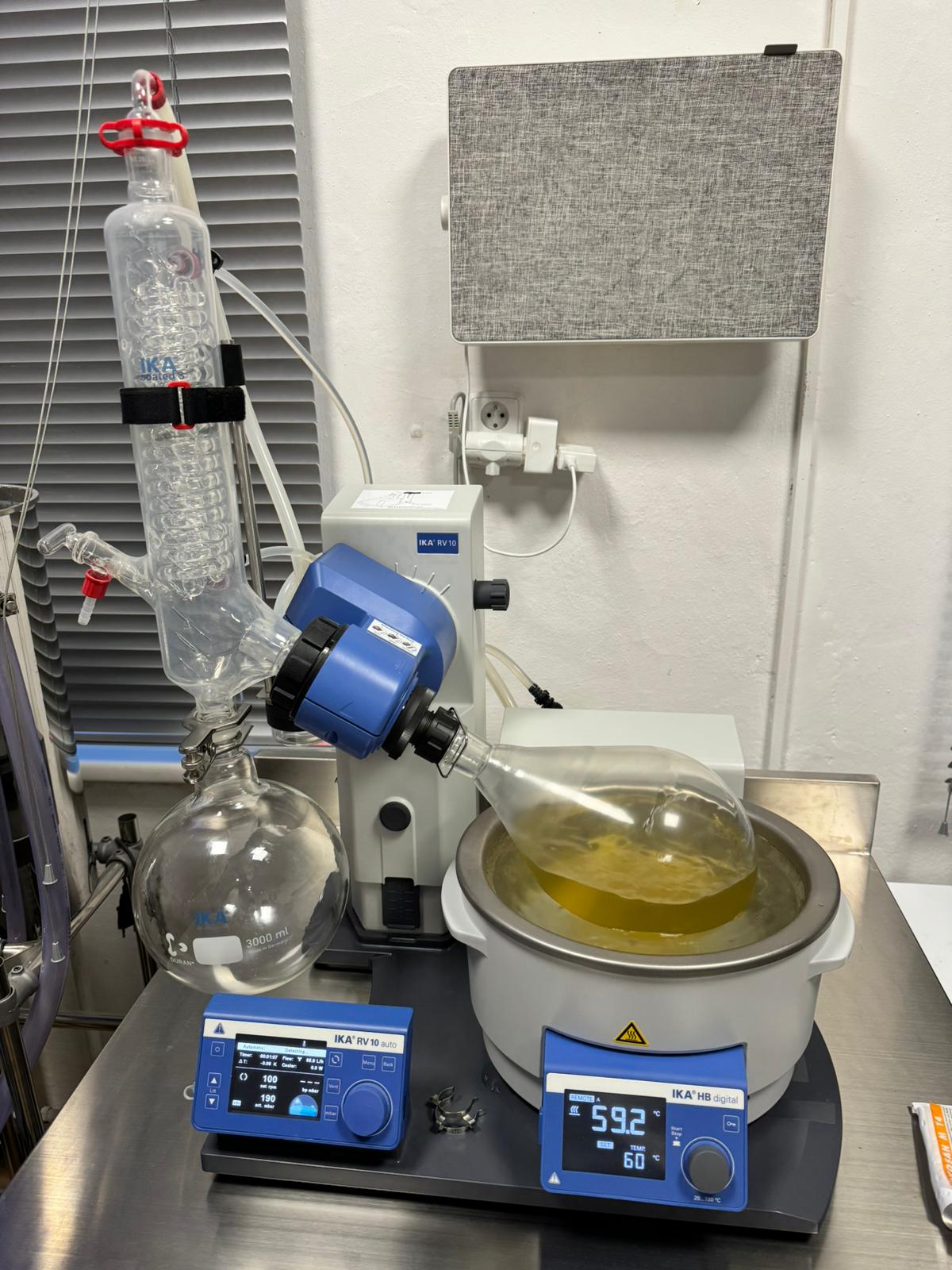about enzymatic foods and food supplements
Koji (Aspergillus oryzae) is a unique noble fungus in many ways. It has been used for hundreds of years, especially for fermenting miso, soy sauces, shiokoji, sake and other amazing products. Koji, like any organism, wants to live and reproduce. It does this (simplistically) by creating a plethora of enzymes and other compounds in its environment that allow it to break down the available energy source and use it for its own growth. The variety of these compounds is not only extremely wide, but Koji is also specific in that it does not produce mycotoxins and is thus completely safe for human consumption, which cannot be said of most fungi.
We fell in love with it a few years ago and are quickly learning to get along with it. We're stopping its growth right at the precise point when it starts to produce all these great substances, just in time before it can use them. We kind of selfishly keep them for ourselves and use them for fermentation. So we've been working with Koji for a few years now, experimenting, but at the same time studying it in greater detail. Nowadays we also work in close collaboration with various laboratories and research institutes.
In the course of getting acquainted with the fascinating studies about what substances koji can produce, how beneficial they can be to our bodies and how big a role they play in the modern approach to our health, there were two thoughts that became embedded in our heads
- We know how to grow all this ourselves!
- How can we use these Koji treasures outside the realm of classic fermented products?
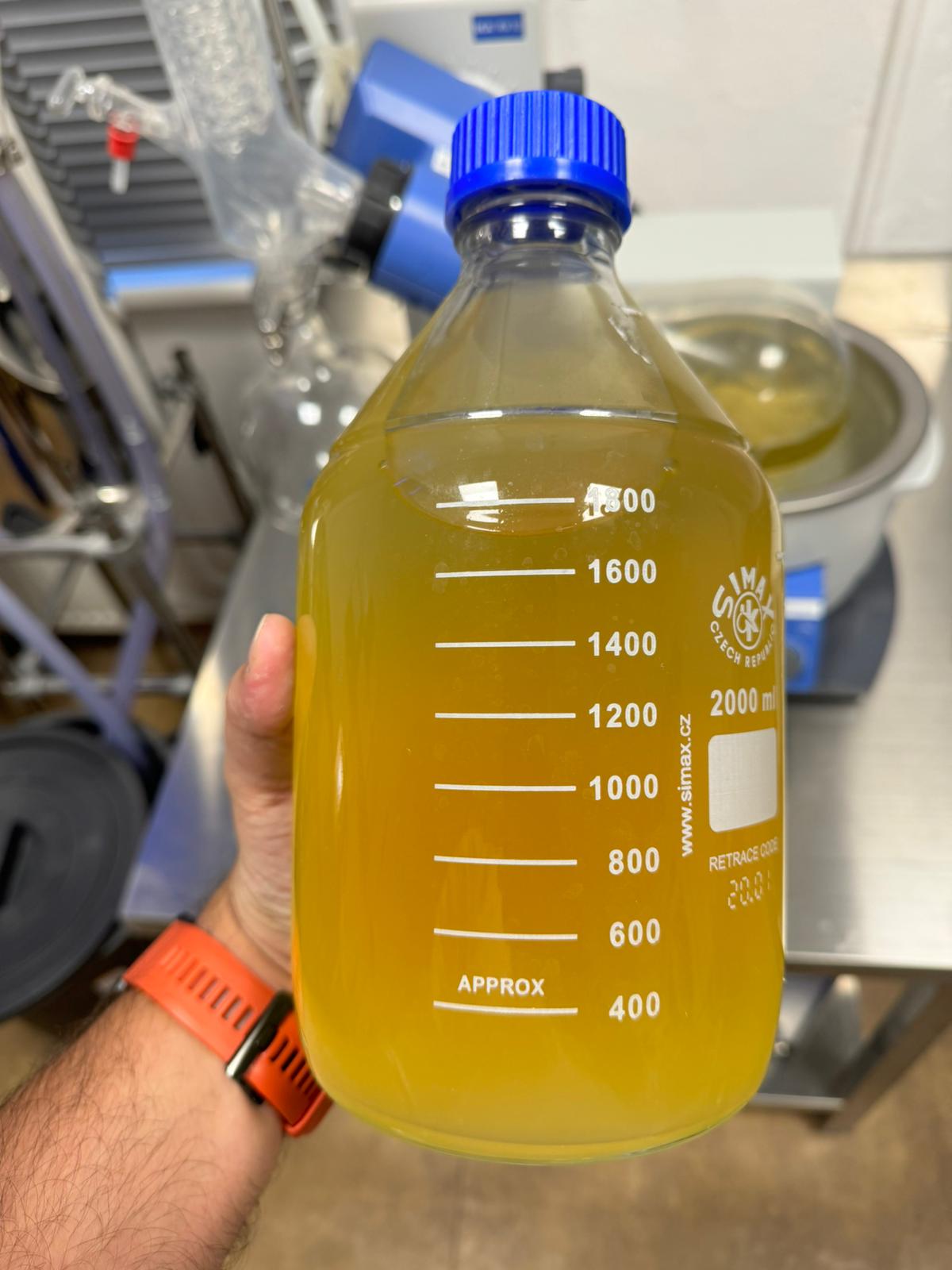
And the result of this whole process is enzymatic foods and enzymatic food supplements.
It is a broad concept based on the idea of producing a concentrated extract of the most valuable ingredients from komekoji and then adding it to foods that do not require temperatures higher than 60°C for their production or preparation, so as to avoid its unwanted degradation. Incorporating it into foods we are used to generally eat, snack or drink, we can easily and effortlessly strengthen our bodies and especially our intestinal microbiome.
And what precisely does the "miracle" koji extract contain?
There really is quite a lot to it and we are fortunate enough to be a part of various projects that map the use of koji on a scientific level. But for simplicity, we will divide it into these main groups.
- enzymes
- digestive enzymes (proteases, lipases and amylases) help to digest food, increase the availability of nutrients, thus ensuring better digestibility whilst saving the body's energy
- catalase plays a key role in detoxification and the protection of cells from oxidative stress and DNA damage (decomposes peroxide radicals)
- cellulase improves fiber digestion, which has the effect of increasing the availability of certain nutrients such as beta-carotene (provitamin A)
- beta-glucanase aids in the digestion of beta-glucan, increasing its availability and absorbability, which can improve the digestion of foods that contain it
- xylanase is an enzyme that catalyzes the breakdown of xylan, which is a complex polysaccharide found in plant fibers (e.g. in whole grain cereals), which (along with increased fiber availability) improves the absorption of vitamin K and some B vitamins
- inulinase and its effect on the breakdown of inulin leads to the production of prebiotic metabolites such as short-chain fatty acids (SCFA), which have beneficial effects on gut health and are anti-inflammatory
- prebiotics
- prebiotics (especially oligosaccharides) are the right food for microbial cultures, they support the growth and activity of beneficial bacteria in the intestinal tract, they are not digested in the small intestine, but serve as food for healthy bacteria in the large intestine, they help maintain a healthy intestinal microbiome and have positive effect on digestion and immune system
- postbiotics
- a postbiotic is a preparation made from non-living microorganisms and/or their components that brings health benefits
- like probiotics, postbiotics can also act on other places in the body than the intestines, for example the vaginal tract or the skin
- although research on postbiotics is still relatively new and limited, inactivated components of live microbes may actually be partially responsible for some of the health effects we attribute to probiotics, such as the development and regulation of the immune system and their support of a healthy microbiota
- fiber
- separated rice fiber as a side effect of the komekoji extraction process
- other valuable substances
- polyamines (agmatine, putrescine, spermidine, which regulate the shortening of telomeres and have a direct effect on the aging of the organism)
- betaglucans
- kojic acid
- biotin
- koji glycosylceramide
- ferulic acid
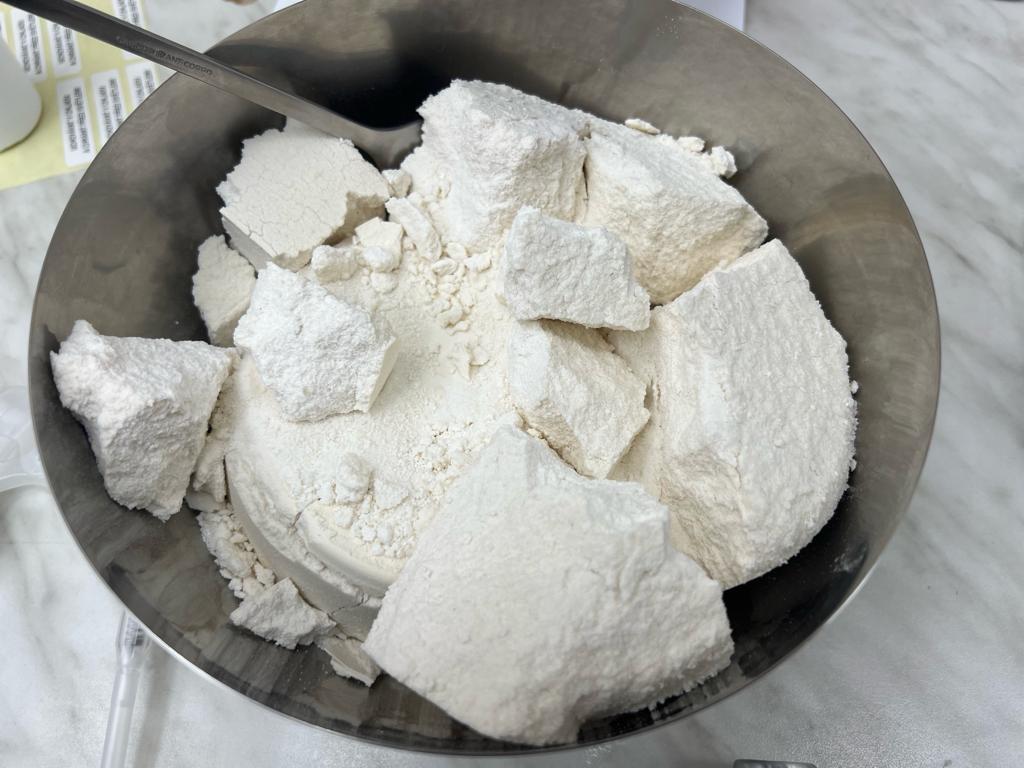
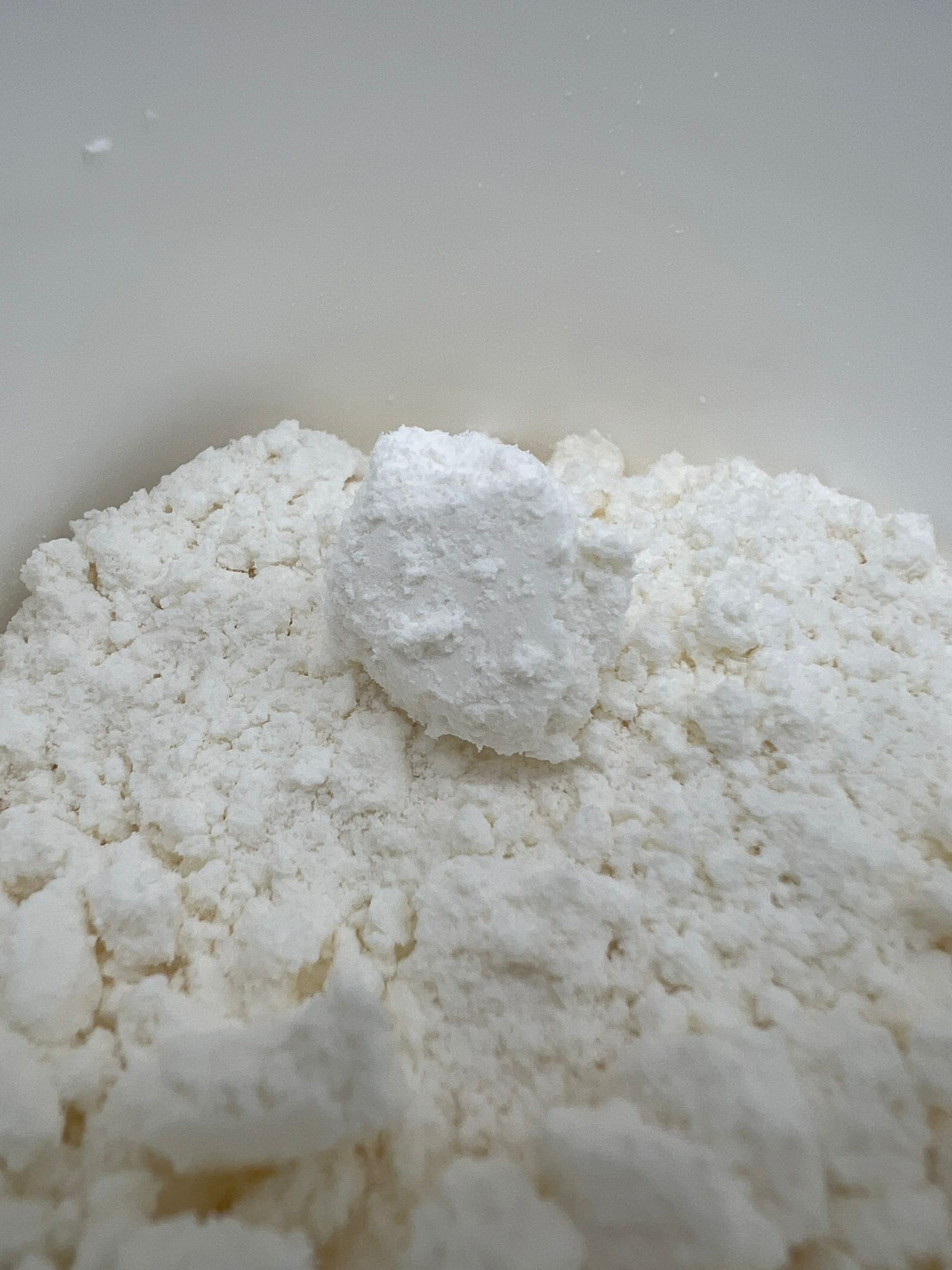
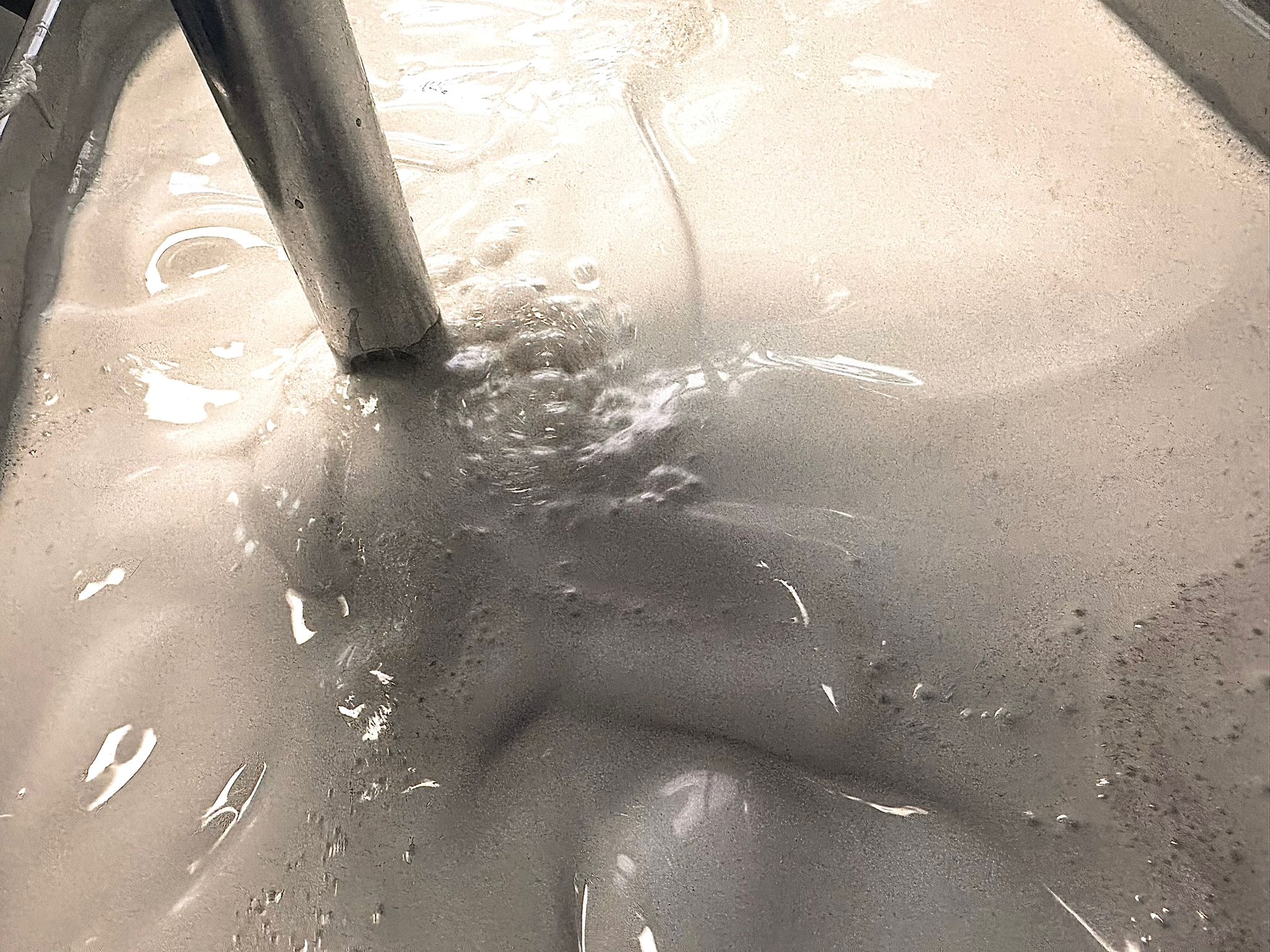

Shouldn't the foods that we eat every day also contain these treasures? We are convinced that they should.
This is the reason why you can already find enzymatic cereal porridges in practical one-off bags for a quick and healthy breakfast and enzymatic fruit bars in our product range, perhaps for a snack or as a quick energy booster.
The Essence of Koji supplement is also completely unique on the market. It is made exclusively from our own ingredients, and only from rice and koji fungus cultivated in our production. It is not an industrial product within any pharmaceutical concern, it is organic, vegan and allergen-free.
Considering that its purely natural product that does not contain any added substances and that is produced in a traditional way without pressure on the efficiency of the production of specific components, the content of active enzymes is lower than in drugs and dietary supplements focused primarily on enzyme therapy - on the contrary, it contains a very wide complex metabolites of aspergillus oryzae, and in addition to directly usable functional enzymes and other beneficial substances, the inactive postbiotic fragments, which have a modulating function in stimulating the physiological secretion of these substances in tissues, also have a beneficial effect.
Enzymes enable and accelerate physiological processes in the body. They have the ability to promote chemical reactions by reducing the required activation energy, so they can take place faster, at lower temperatures and required energy. Thanks to enzymes, the body can effectively process food, regenerate tissues and support other desirable processes.
Enzymatic food supplements are most often used to speed up healing after injuries, relieve pain and swelling. They are also popular in dentistry and plastic surgery for the same reasons. However, they are also suitable for supporting the treatment of various inflammations (respiratory tract inflammation, gynecological inflammation, urinary tract and prostate inflammation,...) and for strengthening immunity.
